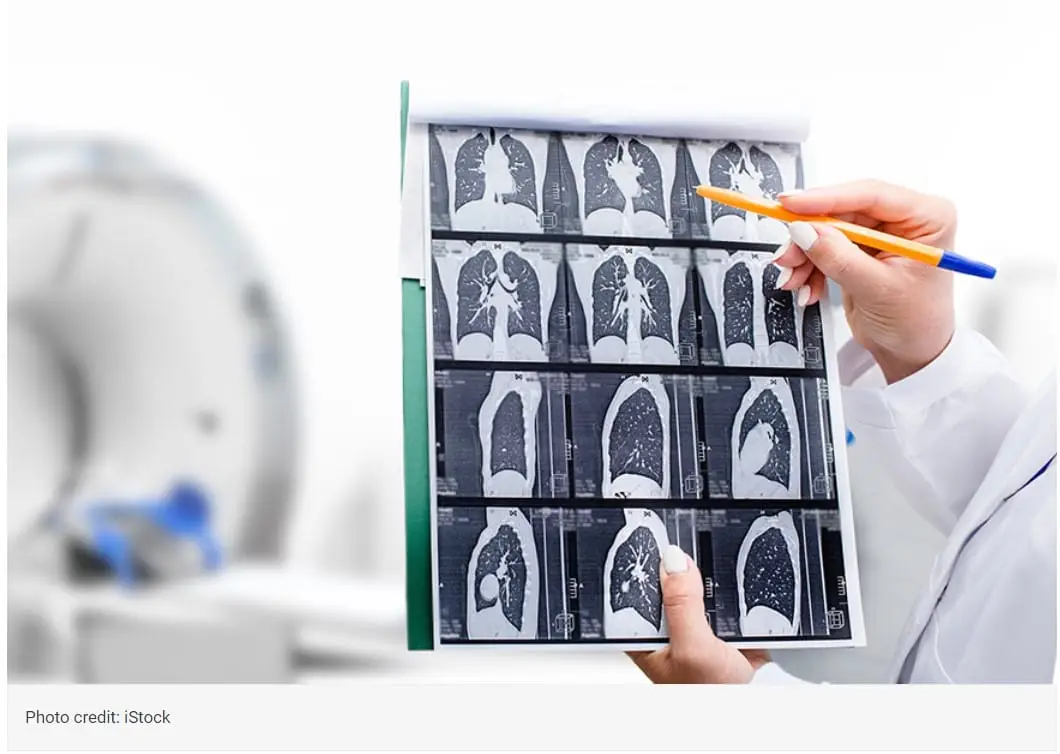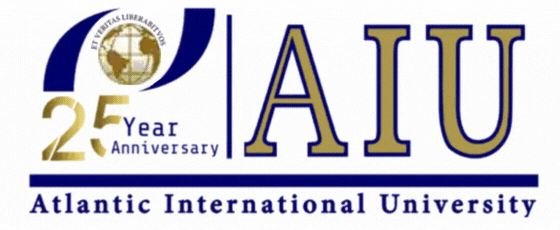- RESEARCHDistance Learning at AIU is enhanced by vast academic resources and innovative technologies build into the Virtual Campus: Hundreds of self-paced courses with video lectures and step by step lessons, thousands of optional assignments, 140,000 e-books, the Social Media & Networking platform allowing collaboration/chat/communications between students, and MYAIU develop students holistically in 11 areas beyond just academics.
- PROGRAMS OFFERED
- Areas of Study
- Courses and Curriculum
- Open Courses
- Register for a Program
- Associate Program
- Associate in Addiction Counseling
- Associate in Agriculture Food And Resources
- Associate in Anti Terrorism Security
- Associate in Behavior Analysis In Special Education
- Associate in Bioethics
- Associate in Climatology
- Associate in Cultural Theological Communication
- Associate in Culinary Arts
- Associate in Ecotechnology
- View all Associates Programs
- Bachelor Program
- Bachelors in Community Development
- Bachelors in Environmental Science
- Bachelor in Education (B.Ed, BS)
- Bachelors in Economics
- Bachelors in Entrepreneurship
- Bachelors in Financial Administration
- Bachelors in Human Resource Management
- Bachelors in Linguistics
- Bachelors in Nutritional Science
- Bachelors in Occupational Health and Safety
- Bachelors in Psychology
- View all Bachelor Programs
- Doctorate Program
- Doctor | of Biology (PhD)
- Doctorate in Business Administration (DBA, PhD)
- Doctor of Economics (PhD)
- Doctor of Electrical Engineering (D.Sc, PhD)
- Doctor of Finance (PhD)
- Doctorate in International Relations
- Doctorate in Information Technology (D.Sc)
- Doctor of Legal Studies (PhD)
- Doctor of Project Management (PhD)
- Doctor of Sociology (PhD, D.Sc)
- Doctorate in Sustainable Natural Resources Management
- View all Doctorate Programs
- Master Program
- Postdoctoral Program
- Postdoctoral in Animal Science
- Postdoctoral in Anti Terrorism Security
- Postdoctoral in Behavior Analysis In Special Education
- Postdoctoral in Bioethics
- Postdoctoral in Blockchain Technology and Digital Currency
- Postdoctoral in Business Management
- Postdoctoral in Cloud Computing
- Postdoctoral in Computer Engineering
- View all Postdoctoral Programs
AIU offers a wide range of majors in areas including the Arts, Business, Science, Technology, Social, and Human studies. More than 120 degrees and programs are available for adult learners at the associate’s, bachelor’s, master’s, doctoral and postdoctoral level. - VIRTUAL CAMPUS
Distance Learning at AIU is enhanced by vast academic resources and innovative technologies build into the Virtual Campus: Hundreds of self-paced courses with video lectures and step by step lessons, thousands of optional assignments, 140,000 e-books, the Social Media & Networking platform allowing collaboration/chat/communications between students, and MYAIU develop students holistically in 11 areas beyond just academics.
- ALUMNI
The world is YOUR campus!”, that is the message of AIU’s month magazine Campus Mundi. Hear the voices and see the faces that make up AIU. Campus Mundi brings the world of AIU to you every months with inspirational stories, news and achievements by AIU members from around the world (students and staff are located in over 200 countries).
The Future of Early Lung Cancer Detection

How can a simple breath change the future of lung cancer detection? Discover inside!
Please review the course material provided below. Then, create an essay that addresses the given topic. What are your thoughts and perspectives on the matter?
Explain why this topic is important. Also, discuss possible applications of this topic to improve your own life or contribute positively to your community.
(Log in to your student section to access the AIU Additional Resources Library.)
A Breath of Hope: The Future of Early Lung Cancer Detection
In the ever-evolving landscape of healthcare and medical technology, Atlantic International University stands at the forefront of integrating innovative research and education to empower our students. We are committed to offering an experiential learning environment that transcends traditional boundaries, fostering academic freedom and individual growth. It’s in this spirit that we delve into a groundbreaking development in the field of medical diagnostics – inhalable sensors for early lung cancer detection.

Lung cancer remains one of the most challenging diseases, with early detection being crucial for improving survival rates. Traditionally, low-dose computed tomography (CT) scans have been the gold standard for lung cancer screening. However, this method’s accessibility issues, particularly in low- and middle-income countries, highlight a dire need for more accessible diagnostic tools.
Enter the revolutionary work of Sangeeta Bhatia, the John and Dorothy Wilson Professor of Health Sciences and Technology and of Electrical Engineering and Computer Science at MIT, and her team. Their recent study published in Science Advances introduces a novel diagnostic approach based on nanosensors, which can be administered via an inhaler or nebulizer. When these sensors encounter proteases – enzymes often overactive in tumors – in the lungs, they emit a signal detectable in the urine through a simple paper test strip.
This new method promises not only to supplement the current lung cancer diagnosis approach, but potentially replace it in settings lacking extensive CT scanner availability. Its significance cannot be overstated, especially in regions where lung cancer prevalence is on the rise due to pollution and smoking.

The development of these inhalable sensors is a testament to the ingenuity of researchers dedicated to making cancer diagnosis more accessible. Unlike previous versions designed for intravenous delivery to target cancers in organs like the liver and ovaries, these sensors are tailored for lung cancer diagnosis. Their aerosolized solution or dry powder form can be easily deployed in lower-resource settings, offering a beacon of hope for early lung cancer detection.
What makes this approach particularly compelling is its direct application in real-world scenarios. The lateral flow assay developed by the researchers allows for the detection of up to four different DNA barcodes, each indicative of a different protease, directly from the urine sample without any need for sample processing. This point-of-care availability makes it a game-changer for lung cancer screening, especially in underserved areas.

The researchers’ commitment to lowering the threshold for cancer detection accessibility aligns perfectly with AIU’s mission of education as a human right. By exploring such innovations, AIU students are equipped to contribute significantly to reducing resource disparity and inequity in early cancer detection.
As AIU continues to champion purpose-based learning and the pursuit of passion, the exploration of nanosensor technology for lung cancer detection exemplifies our pledge to perpetual evolution and academic excellence. Our students are encouraged to delve into this and similar technologies, understanding their implications, and envisioning their application within their professional pursuits and community contributions.
The potential impact of inhalable sensors on early lung cancer detection is immense, promising to transform screening practices and patient outcomes significantly. As AIU students and faculty, we are poised to engage with these advancements, integrating them into our curricula and research endeavors, and reinforcing our commitment to leaving a lasting legacy in the medical field and beyond.

In conclusion, the journey towards more accessible lung cancer diagnostics represents a convergence of innovation, healthcare, and education. It underscores the importance of staying abreast of technological advancements and their potential to shape the future of public health. At Atlantic International University, we remain dedicated to empowering our students with the knowledge and tools to navigate this evolving landscape, contributing to the common good and carving out paths that lead to meaningful change in the world.
Inhalable sensors could enable early lung cancer detection
How artificial intelligence could help pulmonologists and radiologists diagnose lung cancer.
The expanding role of biomarker testing in non-small cell lung cancer.
The lung cancer care of the future: Innovations in early detection and targeted therapies
Early diagnosis of lung cancer: which is the optimal choice?
A study looking at breath samples to detect cancer early (PAN Cancer Early Detection Study)
Breath of Hope: Navigating the Evolving Landscape of Lung Cancer
THIS QUICK SCAN COULD SAVE YOUR LIFE: Lung cancer screening is “the newest kid on the block”.
Reminder to our Dear Students,
Please ensure you are logged in as a student on the AIU platform and logged into the AIU Online
Library before accessing course links. This step is crucial for uninterrupted access to your learning
resources.
AIU Success Stories







Contact Us Today!
Begin Your Journey!
AIU’s Summer of Innovation and Growth gives you the ability to earn up to $5000 in tuition credit by completing free lessons and courses.
Whether you’re looking to acquire new skills, advance your career, or simply explore new interests, AIU is your gateway to a world of opportunities. With free access to 3400 lessons and hundreds of courses the ability to earn credits and earn certificates there’s no better time to start learning.
Join us today as a Guest Student and take the first step towards a brighter, more empowered future.
Explore. Learn. Achieve.

Contact Us
Atlantic International University
900 Fort Street Mall 905 Honolulu, HI 96813 [email protected]
Quick Links
Home | Online Courses | Available Courses | Virtual Campus | Career Center | Available Positions | Ask Career Coach | The Job Interview | Resume Writing | Accreditation | Areas of Study | Bachelor Degree Programs | Masters Degree Programs | Doctoral Degree Programs | Course & Curriculum | Human Rights | Online Library | Representations | Student Publication | Sponsors | General Information | Mission & Vision | School of Business and Economics | School of Science and Engineering | School of Social and Human Studies | Media Center | Admission Requirements | Apply Online | Tuition | Faculty & Staff | Distance Learning Overview | Student Testimonials | AIU Blogs | Register for Program | Privacy Policy | FAQ



















